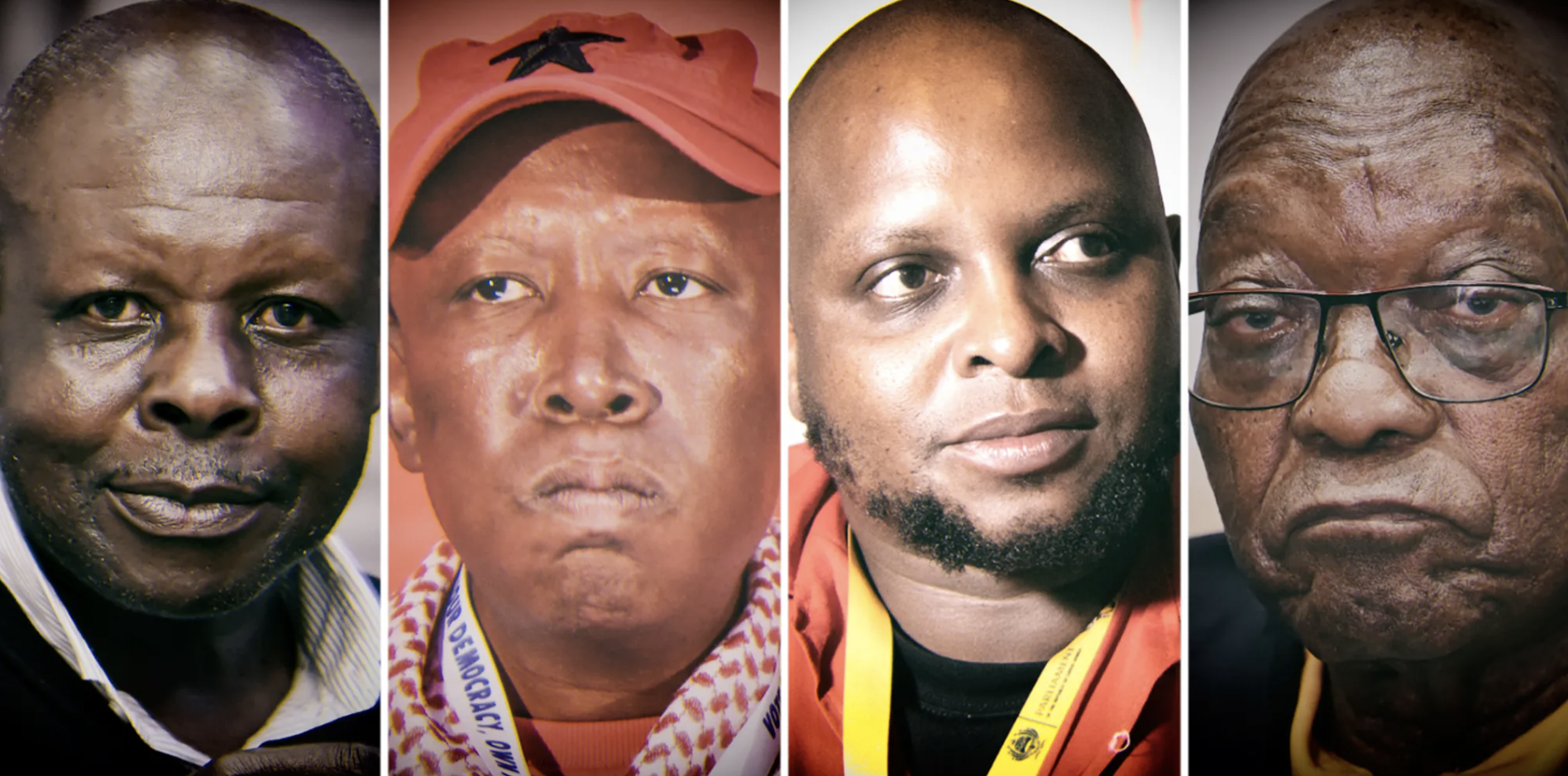News
The GNU Leaves South Africa Without a Credible Political Opposition
An effective opposition must oppose those policies and approaches which hinder the development of society. To this end, credit must be given to the coalition government where credit is due while criticism must be harsh when there are failures.

Democracy requires checks and balances, and a strong opposition is crucial to this. As South Africa steps into the murky waters of coalition governance, it is crucial to have voices that will keep the executive in check. But with the Government of National Unity (GNU) representing a swathe of parties and more than 70% of voters, South Africa may face a crisis of opposition, especially as the parties outside of the GNU are dominated by populism and have their own corruption skeletons.
The 10-party coalition promises to address priorities including:
- Inclusive economic growth;
- Social justice;
- Effective cooperative governance;
- Human capital investment;
- Professionalising the public sector;
- Strengthening law enforcement;
- Fortifying social cohesion through nation-building; and
- Focusing on foreign policy built on human rights and constitutionalism.
The government will operate in a context where nearly 33% of the population are unemployed. Roughly 55% of the population live on the upper poverty line of R992 per month, while 25% experience food poverty. More than 46% of young people are unemployed and lack the basic skills required by employers.
In terms of crime, at least 75 people in South Africa are murdered each day and more than 190,000 cases of robbery were reported in 2023 alone. The public sector is also in decline; overwhelmed by funding cutbacks, inadequate and insufficient skills and professional training, as well as poor audit outcomes and corruption scandals.
Local government coalitions have broken down because of political opportunism, mistrust and a failure to rise above the desire for positions. Coalition failures have occurred in Johannesburg, Nelson Mandela Bay, Knysna and Cederberg, where acrimonious votes of no confidence were passed following allegations of corruption and mismanagement of resources.
On the national stage, the stakes are higher, especially as the dominant political actors in the coalition are long-time adversaries with diverging values, interests and approaches to governance.
Before Rise Mzansi joined the GNU bandwagon recently, MP Makashule Gana said: “There are enough political parties [in the GNU]. Therefore, we will play our role as constructive opposition in Parliament. We will play our role as MPs to hold the government to account and we want to play that role to the best of our abilities.”
Populist agendas
But Rise is now among 10 parties in the GNU, and the major parties which have stayed out represent divisive populist agendas, leaving an opposition void.
uMkhonto Wesizwe is the largest party not in the GNU and so it will take on the mantle of being the official opposition. But its leader, former president Jacob Zuma, was involved in State Capture — the largest corruption scandal in post-apartheid South Africa. And its leader in Parliament — the man who will most likely become the leader of the opposition — is John Hlophe, a judge who was impeached for an attempt to pervert justice.
The EFF, the second-largest party not in the GNU, has its own credibility crisis. Its leader, Julius Malema, and deputy president, Floyd Shivambu, were indicted by the SA Revenue Service (SARS) in early 2023 for defrauding millions of rands from the now defunct VBS Mutual Bank — a bank which served and left destitute thousands of Limpopo’s poor.
Since then, one of the implicated companies was liquidated by SARS, while Parliament’s Joint Committee on Ethics and Members’ Interests fined Shivambu for failing to disclose R180,000 worth of payments from another VBS-implicated company. The two, however, have denied wrongdoing.
The South African public is fatigued by service delivery shortcomings and exhausted by clandestine resource allocations.
According to political analyst Leonard Mbulle: “Right now, things are fluid in South African politics. So, it is a good opportunity for smaller parties outside the GNU to take on the responsibility of providing oversight on the GNU and becoming a formidable force. As long as smaller parties have representation in Parliament, they can resolve the crisis of opposition in this country.”
What South Africa needs is a functional coalition government which is balanced by evidence-based debates in Parliament to challenge its shortcomings.
What it does not need is an opposition that adds fuel to the fire through populist mobilisation or rioting of the sort that took place when Zuma was jailed for contempt of court in 2021.
Lastly, an effective opposition must oppose those policies and approaches which hinder the development of society. To this end, credit must be given to the coalition government where credit is due while criticism must be harsh when there are failures.
The coalition may be a marriage of convenience, but it’s with us for half a decade. It can be a painful and dramatic marriage. Or it can be fruitful and effective. The fact is that it is up to everyone to make this coalition work — voters, business leaders, civil society actors or media personalities.
The opposition has an even greater responsibility which ought to be harnessed if opposition leaders choose to oppose deconstructive policies or not to sit on their hands when the train goes off the rails.
This article originally appeared on the Daily Maverick



